
Freena
Many students, at some point in their research journey, pause and wonder, “what is thesis in research?” It’s a common question, especially when you’re expected to produce something original and insightful. In simple terms, a thesis in research is the central idea or argument that a researcher aims to establish through systematic study and critical thinking.
In academic and professional life, a research thesis reflects high-level subject matter knowledge, analytical ability, and the capacity to develop new concepts. Writing it requires a clear structure, critical analysis, and a deep understanding of your research objectives to produce a meaningful scholarly contribution.
Here in this blog, you’ll learn exactly what a thesis in research is, why it is important, and provides a step-by-step, easy-to-follow guide that can help you write an effective research thesis.
A research thesis is a unique scholarly paper that defines a research problem, explains the method used to study it, and discusses findings with evidence.
While a research paper might arguably study a topic at large, a research thesis delves deeper into one central question or hypothesis. A research thesis is a formal academic writing that contributes new knowledge or understanding to your field.
Key components of a research thesis are:
Problem statement describing the issue at hand.
Objectives declaring the study direction.
Methodology describing how the research was conducted.
Results and discussions sections describing findings.
A conclusion summarising the implications and recommendations.
The Question about What is a thesis in research becomes clearer if you know its true purpose. A research thesis is not just a necessity; it's an opportunity to prove your scholarly ability. It allows you to demonstrate your capacity to:
Share new knowledge or insights with your field.
Utilise research techniques proficiently.
Be able to think analytically and critically.
Support arguments with evidence-based arguments.
Finally, your thesis serves to confirm your experience, both your academic development and capacity to resolve complex research issues.
There is no such thing as a single type of thesis. Depending on your field and purpose, you can choose from a range of research thesis types:
Analytical thesis: Explores data and evidence to deduce causes, effects, or trends.
Argumentative thesis: Makes an argument and supports it with a persuasive argument.
Empirical thesis: Founded on firsthand observation or experimentation.
Theoretical thesis: Concerned with models or frameworks of a conceptual nature.
Qualitative and quantitative thesis: Differ in data collection — one is more narrative analysis, the other numerical results.
Choosing the correct type ensures that your thesis is harmonious with your research topic and method.
The first step to writing a thesis in research is to select a good, relevant research topic.
Choose a topic that aligns with your interests and academic goals.
Ensure it's feasible consider available time, resources, and scope.
Check the new literature to be original and relevant.
A clear topic provides the guide for your entire research process.
An effective literature review allows you to understand what has been studied previously and the gaps that are there.
Discover existing research, debates, and gaps.
Consider other individuals' methodologies to recognise good practices.
Abstract the most significant findings particular to your topic.
This strengthens your foundation and is the reason why your research thesis is crucial. Have a look at our detailed literature review blog to observe how effectively this is accomplished.
Once you've studied your subject and become acquainted with existing work, the next step is to determine your research question or hypothesis.
A research question is a question that inquires about what you wish to investigate or explain.
A hypothesis posits a testable claim that predicts an outcome.
Example:
Question: What is the effect of social media on academic work?
Hypothesis: Increased use of social media negatively affects academic work.
A good question keeps your research thesis in mind and focused on a goal.
Before you begin your data collection, it’s crucial to design a clear roadmap that defines how your research will be conducted and why each choice fits your study’s purpose.
Developing your methodology is where theory turns to practice.
Make a selection between qualitative, quantitative, or mixed methods.
Identify your sampling strategy, your data collection methods, and your ethics.
Ensure your design aligns with your thesis in research goals.
An open and transparent methodology enhances your study's validity.
Once your methodology is set, move into gathering and interpreting evidence that directly supports your research objectives.
Use methods such as surveys, interviews, or experiments to gather data.
Use proper analysis techniques: statistical methods, thematic coding, or software such as SPSS or NVivo.
Be accurate and credible throughout the process.
Your data analysis should solve the research question posed in your research thesis.
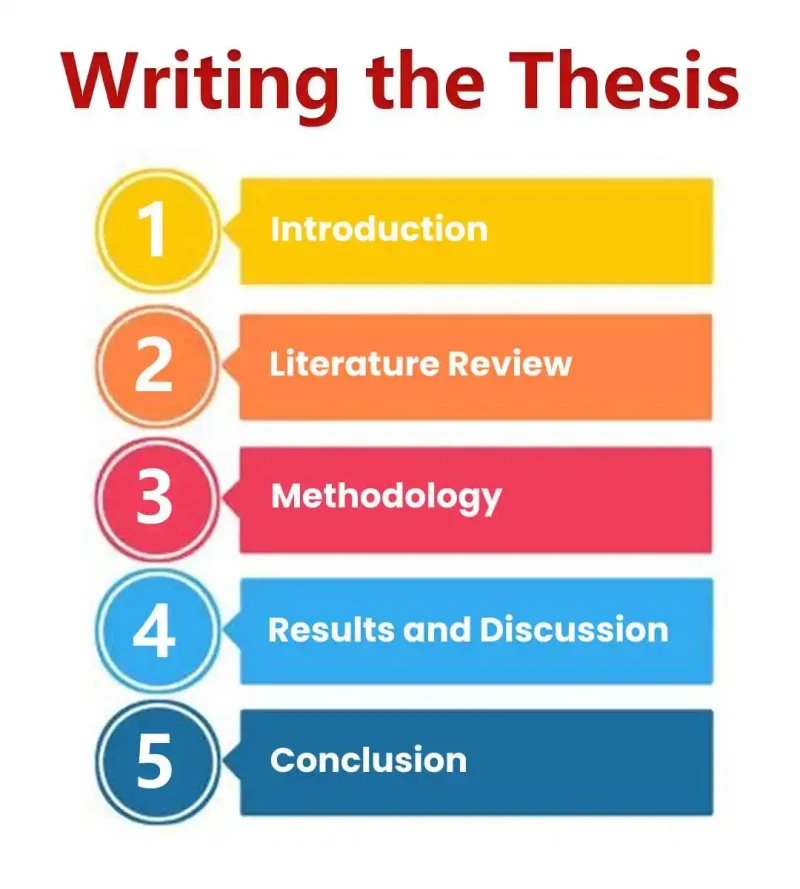
Once your findings are ready, it is time to compose the thesis. Structure your report in the following manner:
Introduction – present your research problem and objective.
Literature Review – review past research and loopholes.
Methodology – describe how the research was conducted.
Results and Discussion – explain results.
Conclusion – summarise and suggest future research.
Maintain your writing clear, consistent, and professional. Use jargon only when unavoidable and back all arguments with facts.
If you want a detailed breakdown of each section, check out our complete guide on how to write a thesis.
Never underestimate the need to revise. Proofread carefully for grammar, formatting, and reference correctness. Ensure tone and style of citation consistency. Use peer or mentor feedback to improve clarity. You can also get professional editors to refine your research thesis for publication or submission.
Even strong research can go wrong due to tiny errors. Avoid these pitfalls:
Selecting a general or unclear topic that is unfocused.
Weak literature reviews that omit key studies.
Forgetting ethical standards or unintentional plagiarism.
Stuck with narrowing a topic? Check out our blog on thesis topic selection.
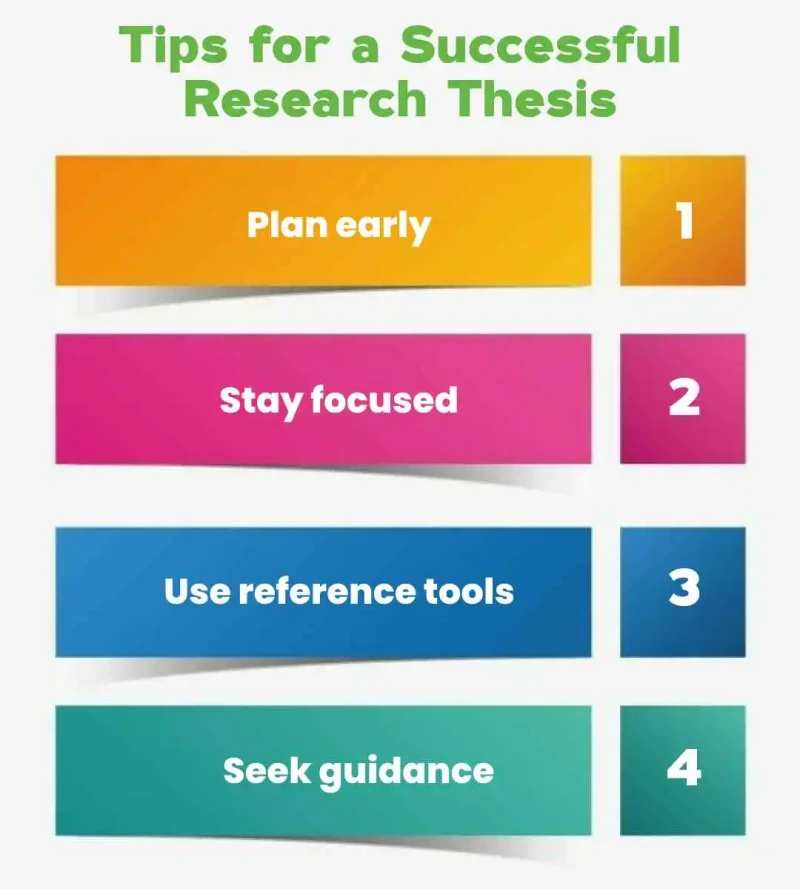
Get your thesis research seen with these smart strategies:
Plan early: Organise time well throughout stages.
Stay focused: Maintain goals in accordance with your research aim.
Use reference tools: Utilise citation managers such as Zotero or Mendeley.
Seek guidance: Frequently consult with supervisors or scholarly experts.
These steps guarantee that your research thesis not only fulfils academic expectations but also adds real value to your discipline.
So, just what is a research thesis all about? It’s the culmination of your academic journey a well-structured argument that displays expertise, originality, and analytical ability. By following the step-by-step process above, you can create a research paper that's insightful, structured, and powerful.
If you are still in doubt about where to begin, you do not have to worry; you can seek the help of experts. Professional PhD expert assistance can guide you on topic selection, writing, and editing so that you may come up with a thesis that is of the highest academic standards.
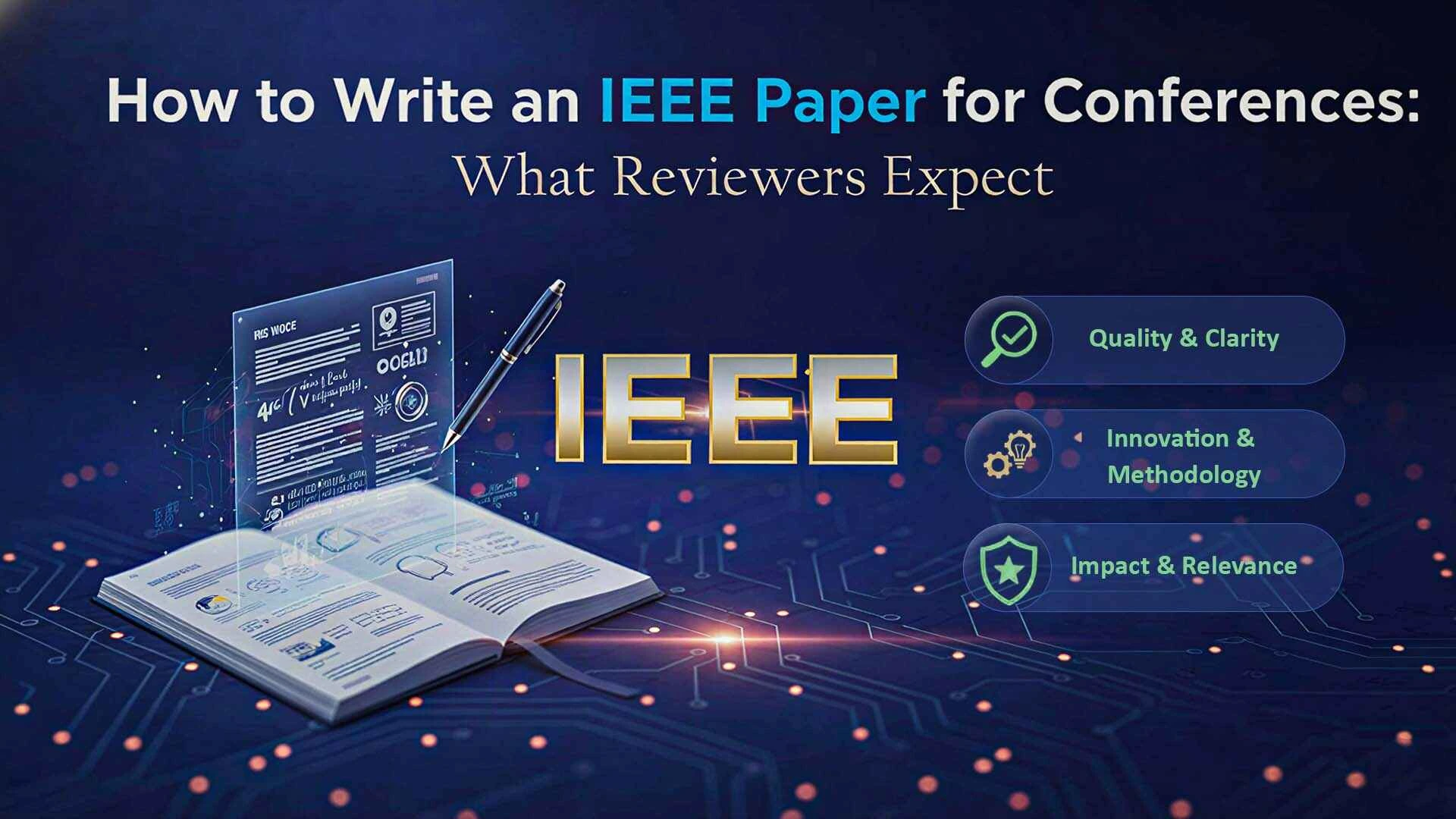
How to Write an IEEE Paper for Conferences: What Reviewers Expect
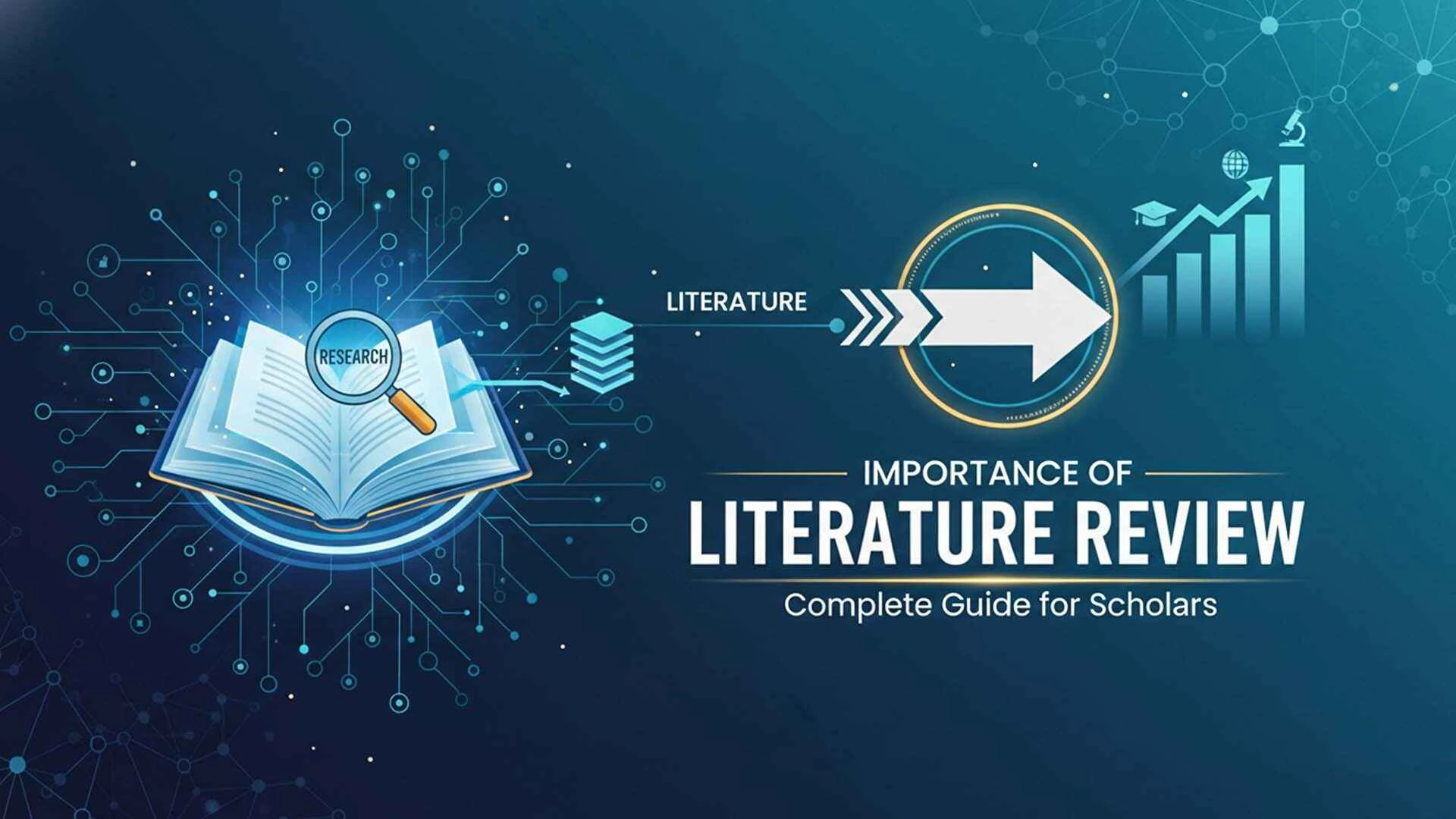
Importance of Literature Review in Research – Complete Guide for Scholars

How to Write a Synopsis for a Thesis: A Complete Writing Framework

Top 5 Best Literature Review Writing Service for PhD Scholars
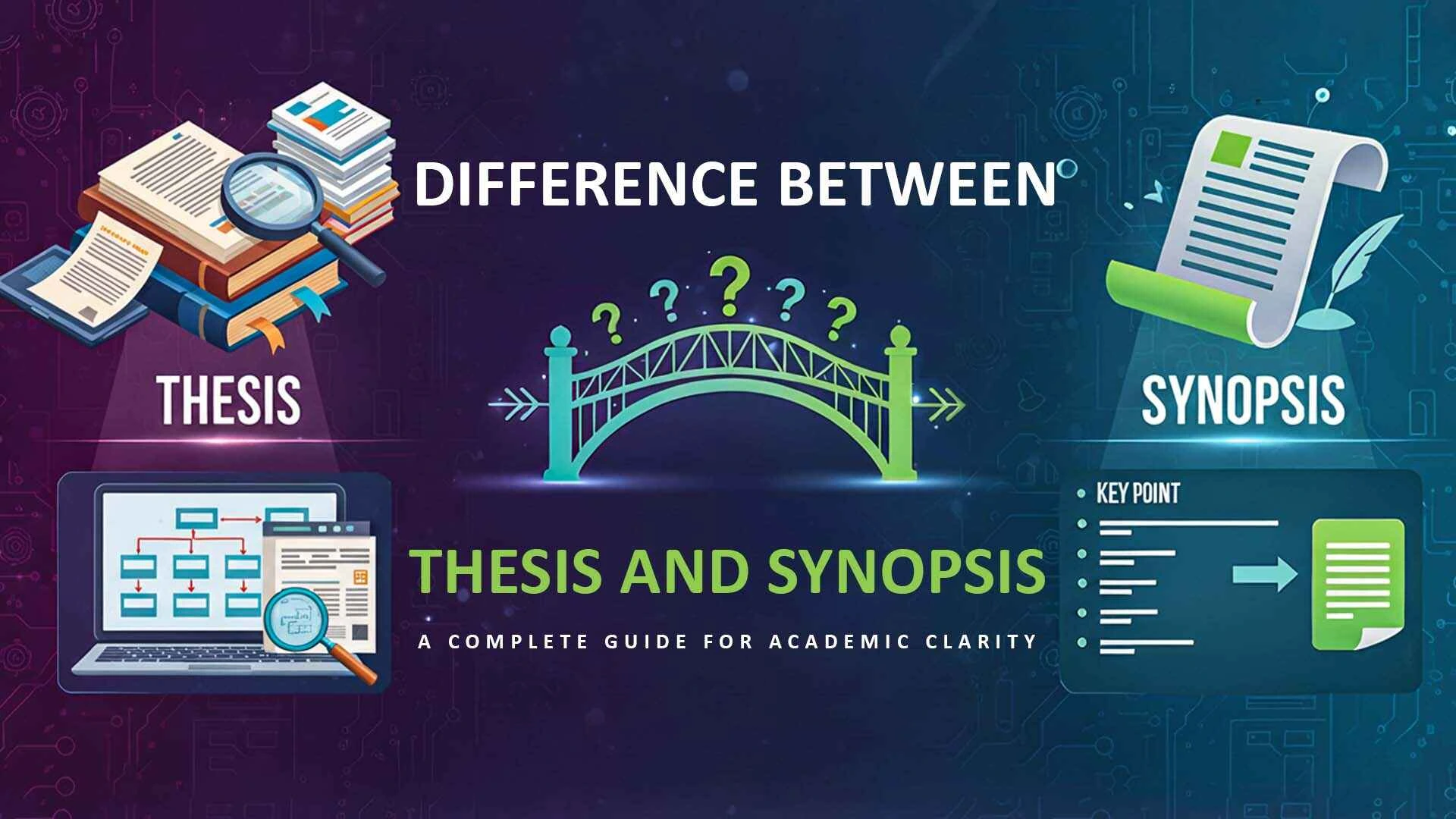
Difference Between Thesis and Synopsis: A Complete Guide for Academic Clarity